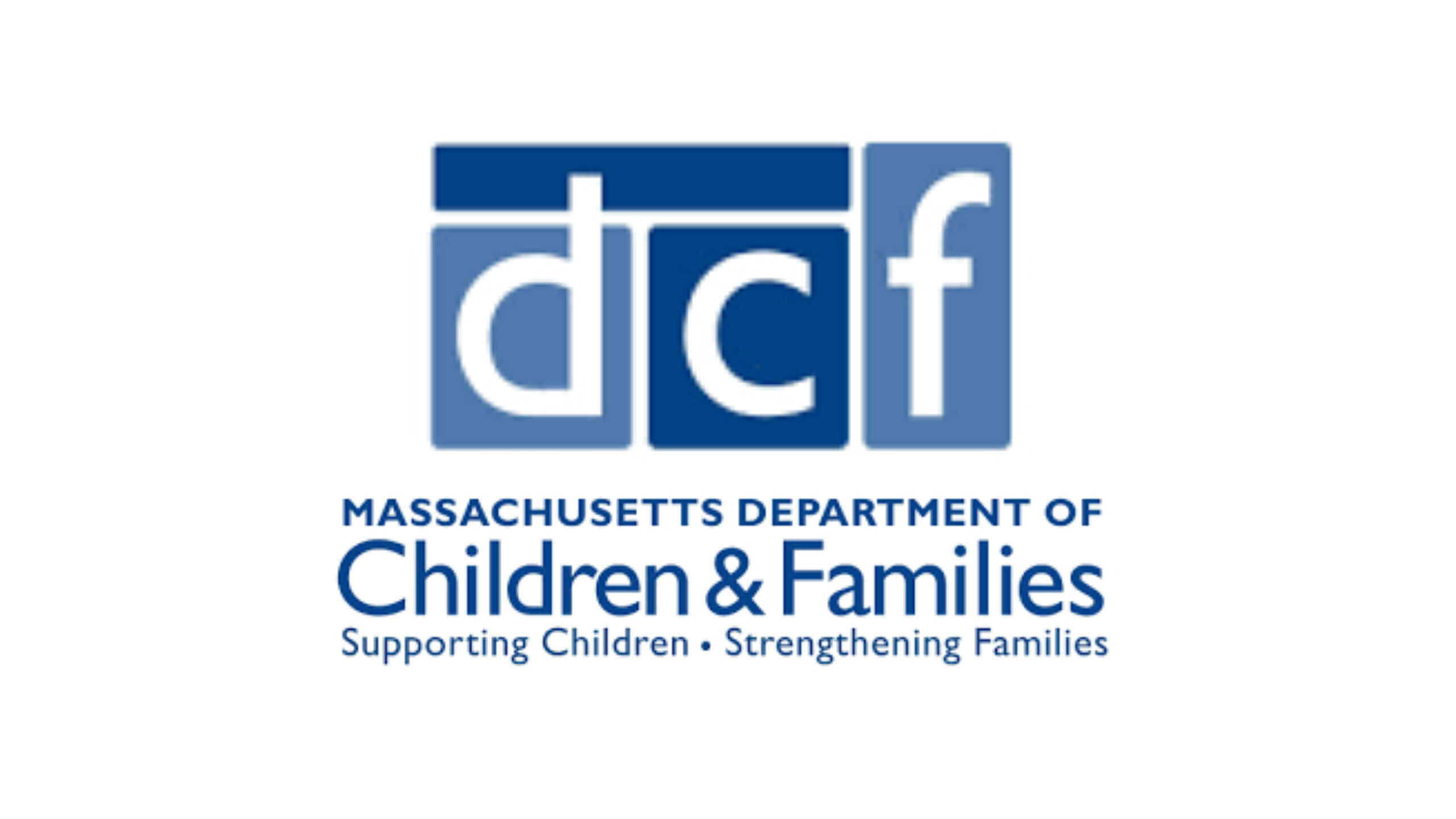What To Expect In A Department Of Children And Families Investigation

The Department of Children and Families (DCF) plays an essential role in protecting children from harm. However, many parents find themselves on the wrong side of these investigations when they have been falsely accused of household neglect or abuse. While a quick internet search of DCF investigations may yield some disturbing results, it is important to take these stories at face value.
By speaking with an experienced family law attorney, you can get a better understanding of what to expect in a Department of Children and Families investigation. Because our dedicated team has over 35 combined years of exclusive family law experience, we know how to handle these investigations, regardless of whether you are facing false allegations or trying to protect your family against an abuser.
- EXPECT THE “BETTER SAFE THAN SORRY APPROACH” DURING A DCF INVESTIGATION
When a DCF investigator walks into your house, do not expect neutrality. DCF workers around the country see heinous cases of child abuse and neglect daily. Investigators often fear missing an essential piece of evidence, thereby endangering a child who is potentially at risk of harm. As a result, the DCF investigator may take on a “guilty until proven innocent” approach when looking into allegations of child abuse and neglect.
Facing these harsh accusations can leave you feeling scared, ashamed, and angry. Do not let DCF intimidate you into waiving your rights or discourage you from contacting an attorney. Generally, the best course of action is to work cordially with DCF to provide your side of the story or refute any claims that have been alleged against you. If you’re dealing with a case where parental alienation is a reoccurring theme, however, it may be best to have an attorney there who can explain what that is and why it may be at play in relation to the recent allegations, especially if a child is confirming there was neglect or abuse directly to the social worker.
- INTRUSIVE INVESTIGATIONS
Once DCF opens a case, workers must comply with specific guidelines, even in seemingly “open and shut” situations. Social workers often gather or request the following evidence before concluding an investigation:
- Results of a home check
- Statements from the child and siblings
- Testimony from parents and/or caregivers
- The child’s medical records
- Testimony from the child’s teachers, classmates, friends, neighbors, and close family members
- Photographs and videos indicating a positive parent-child relationship
- Signs of animal abuse or domestic violence
- Criminal history
- Past DCF involvement by the family
Additionally, home checks often include a detailed analysis of the child’s room, clothing, toiletries, and food source. These investigations may also involve a search for dangerous conditions on the property, such as mold. An experienced family law attorney at our firm can help you collect pertinent evidence for your case, regardless of whether you are facing abuse allegations or bringing them.
- EXPECTATIONS OF COMMUNICATION INEFFICIENCIES AND DCF CASE RESOLUTION DELAYS
To some parents, a DCF investigation may trump all other priorities. To the Massachusetts Department of Children and Families, your case file is just one of the hundreds on the desk of a social service agent. Parents naturally want their cases resolved quickly and efficiently, but this does not typically happen in many investigations.
Therefore, you should not expect DCF investigations to account for your time and work schedule. However, a qualified family attorney can help you better communicate with the DCF and gather any important information that could move the process forward more quickly.
- FEELING EMOTIONALLY OVERWHELMED
During DCF investigations, many parents wonder whether they will get to keep custody over their children once their case is closed. DCF might ask you about local family members and “other caretakers” when an investigation begins, but this does not mean the state has decided to take your children. DCF workers do not generally wish to remove children from their parents.
In some instances, evidence of abuse or neglect may still not result in a child’s removal, but rather continued monitoring with an offer of financial and emotional help. Sometimes, parents can work with local courts and DCF to negotiate a temporary placement of children with friends or family members while they attend rehabilitation, look for a job, or improve their housing situation if those were found to be issues that cause a parent not to be able to properly care for his or her child at the time.
Do not be ashamed if you are frustrated, afraid, or overwhelmed during a DCF investigation. Most parents feel this way, and an attorney from O’Connor Family Law can help explain the process for you and how to respond to any allegations in a way that puts your best foot forward.
If an allegation of neglect or abuse has been supported by DCF which you disagree with, our firm can help you obtain an administrative review and represent you to argue why supporting the allegations was incorrect. We can help you challenge DCF determinations in family courts and fight for your parental rights to protect your children. To learn more about what to expect in a Department of Children and Families investigation, call today.


